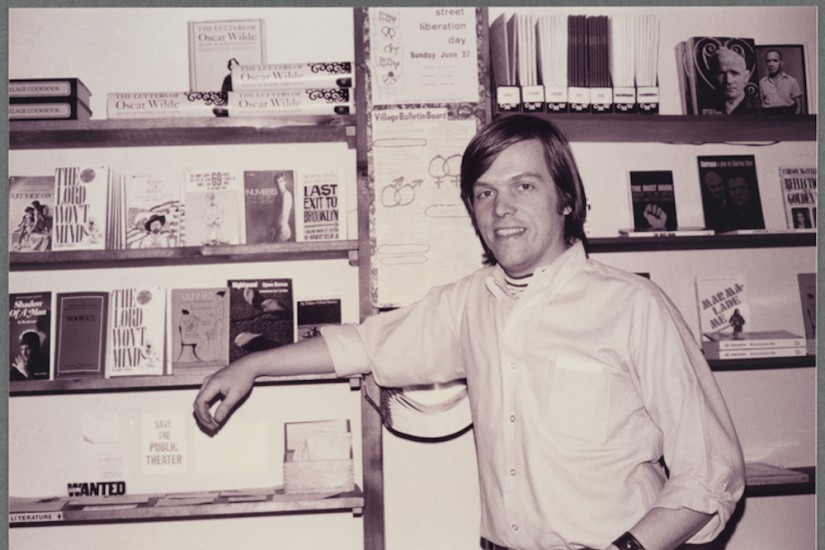On July 4, 1965—four years before Stonewall—39 activists from D.C., New York, and Philadelphia marched on the place where the Declaration of Independence had been signed roughly two centuries earlier. They wanted to remind the nation that their rights of “life, liberty, and the pursuit of happiness” had been denied. Dressed in formal attire—the men in coats and ties, and many of the women in skirts and dresses—they carried signs that read equal treatment before the law and homosexual bill of rights.
For the next four years, the organizer of that protest, Craig Rodwell, along with his comrades, Barbara Gittings and Kay Tobin Lahusen, marched in Philadelphia. Their demonstrations became became known as “the Annual Reminders.” But in the summer of 1967, Rodwell also decided to do something that was, in its own quiet way, more radical than marching. He wanted to open a bookstore.
Rodwell was the vice president of the Mattachine Society, a gay male political group. “I was trying to get the Society to be out dealing with the people instead of sitting in an office,” Rodwell had explained to Lahusen for an interview in her book, The Gay Crusaders. “We even looked at a few store-fronts. I wanted the Society to set up a combination bookstore, counseling service, fund-raising headquarters, and office. The main thing was to be out on the street.” When the Mattachine Society rejected Rodwell’s plans to open a bookstore, he resigned from the group and decided to do it alone.
The Stonewall protests two years later would draw broad attention to the struggle for gay liberation, but that struggle did not start in 1969. There were protests, and thriving gay communities, before that night in New York City—and Stonewall’s success was rooted in those earlier efforts.
Activists like Rodwell understood the value of visibility; he was among the architects of New York’s gay-pride parade. But some were struggling not just for rights or liberation, but for something still more revolutionary. They were fighting for what they called “gay power,” the authority to define their own identity. Their efforts produced the intellectual revolution that lent the Stonewall protests their power, and which helped ensure that long after the protests were over, the changes they wrought would endure.
The victories of Stonewall, then, had the unlikeliest of birthplaces: the Oscar Wilde Memorial Bookshop.
